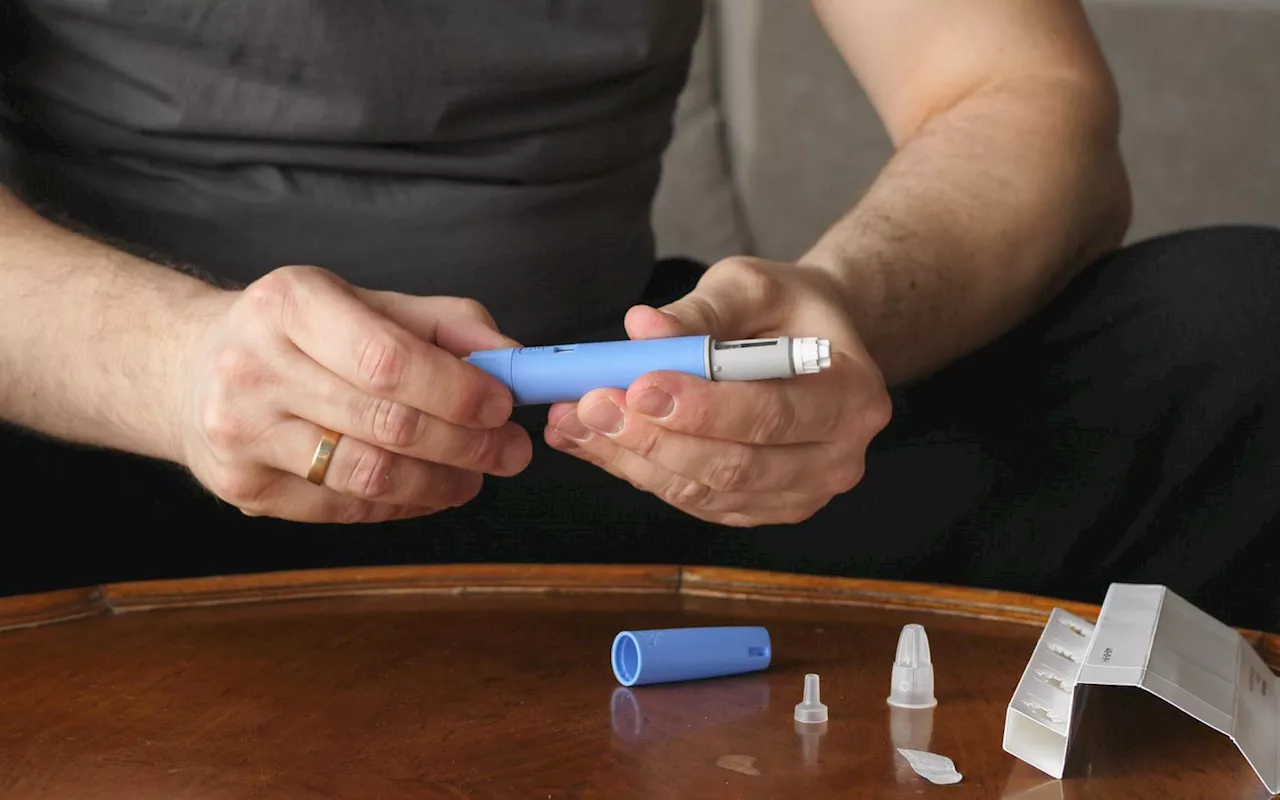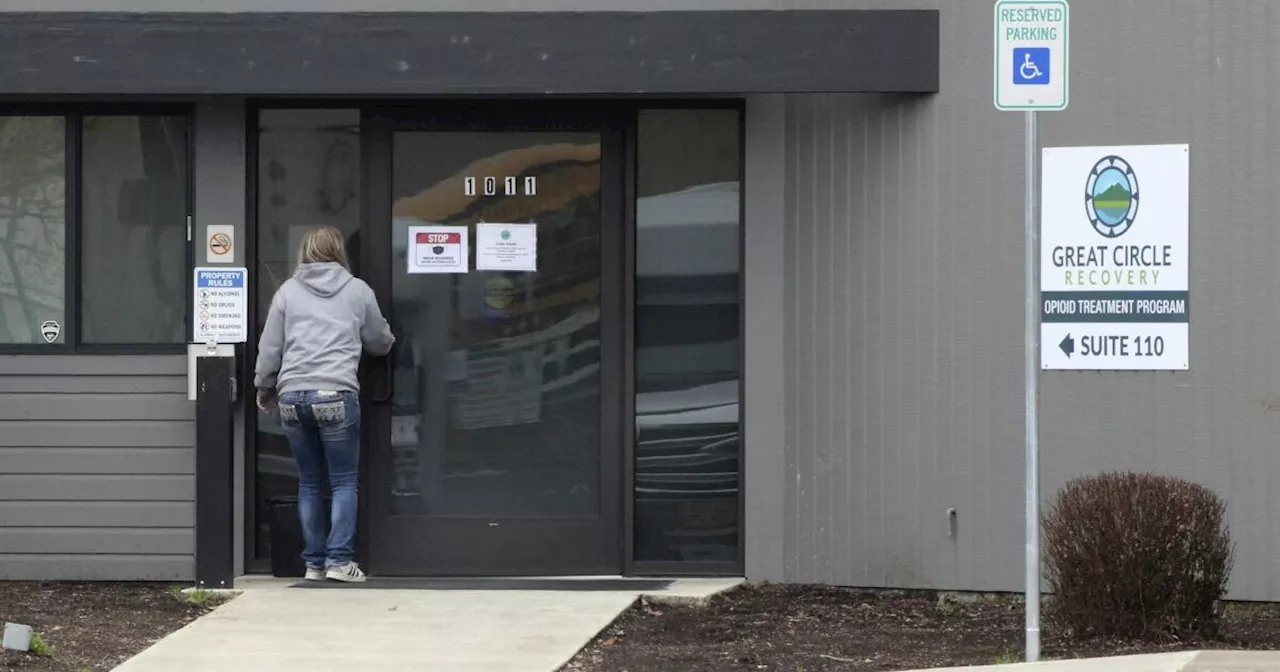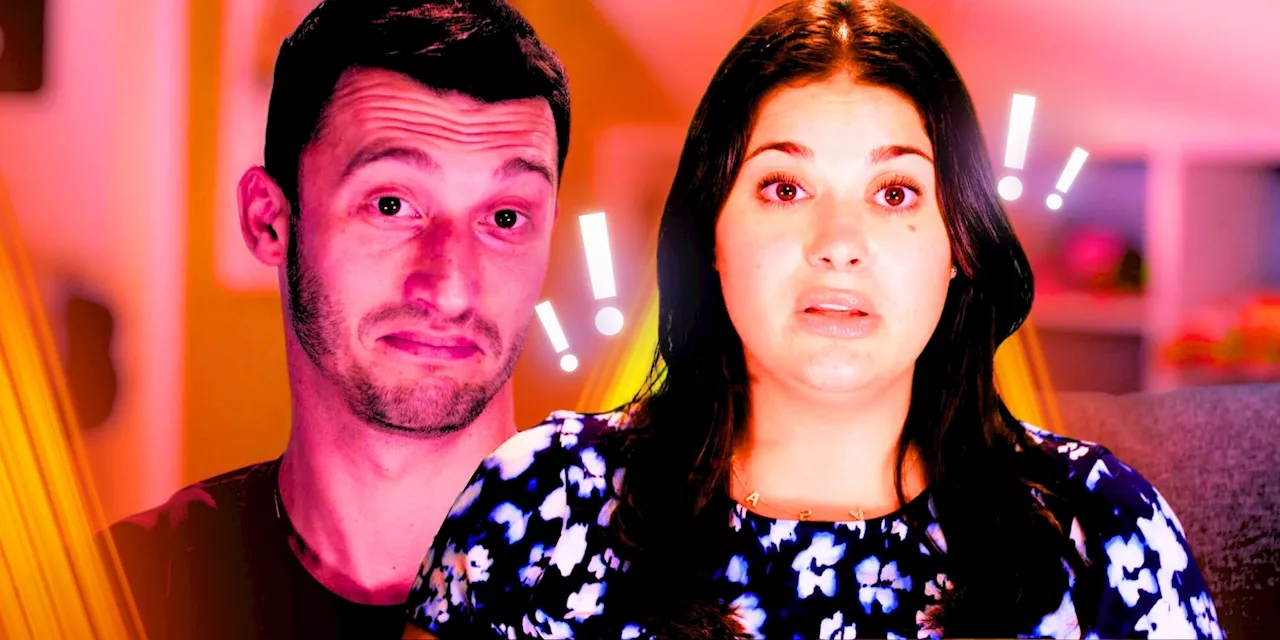More research showed circadian medicine — timing drug-taking to one's body clock — could reduce side effects and improve the effectiveness of a wide range of therapies.
suggests: Yes, they do — if you consider the patient's individual body clock. The study is the first to find that timing blood pressure drugs to a person's personal"chronotype" — that is, whether they are a night owl or an early bird — may reduce the risk for a heart attack.
"Chronotherapy is a rapidly growing field," he said,"and I suspect we are soon going to see more and more studies focused on 'personalized chronotherapy,' not only in hypertension but also potentially in other clinical areas."Blood pressure drugs have long been chronotherapy's battleground. After all, blood pressure follows a circadian rhythm, peaking in the morning and dropping at night.
Their analysis of these 5358 TIME participants found the following results: Risk for hospitalization for a heart attack was at least 34% lower for"owls" who took their drugs at bedtime. By contrast, owls' heart attack risk was at least 62% higher with morning doses. For"larks," the opposite was true. Morning doses were associated with an 11% lower heart attack risk and night doses with an 11% higher risk, according to supplemental data.
The analysis has several important limitations, the researchers said. A total of 95% of participants were White. And it was an observational study, not a true randomized comparison."We started it late in the original TIME study," MacDonald said."You could argue we were reporting on those who survived long enough to get into the analysis." More research is needed, they concluded.
Health And Medical Tech Health And Med Tech Health And Medical Technology Healthcare Technology Medical Technology Hypertension Circadian Circadian Rhythm Patient Safety Biologic Therapy Biologics Chronotherapy HIV Infection HIV Disease HIV Toxicology Toxicity Poisoning Toxins Vaccine Vaccines COVID-19 2019 Novel Coronavirus 2019-Ncov
United States Latest News, United States Headlines
Similar News:You can also read news stories similar to this one that we have collected from other news sources.
 Why Lilly And Novo Nordisk Will Keep Dominating The Market For Blockbuster GLP-1 DrugsAlex Knapp is a senior editor at Forbes covering healthcare, science, and cutting edge technology who joined Forbes in 2011. He's written dozens of profiles of entrepreneurs across a variety of fields and done deep dives into technological trends from superconductors to space travel to pharmaceuticals.
Why Lilly And Novo Nordisk Will Keep Dominating The Market For Blockbuster GLP-1 DrugsAlex Knapp is a senior editor at Forbes covering healthcare, science, and cutting edge technology who joined Forbes in 2011. He's written dozens of profiles of entrepreneurs across a variety of fields and done deep dives into technological trends from superconductors to space travel to pharmaceuticals.
Read more »
 The real reason why Oregon recriminalizing drugs is a cautionary taleRising homelessness and visible crime in Portland fed panic over a drug decriminalization measure passed in 2020. But rolling that back won't solve the state's problems.
The real reason why Oregon recriminalizing drugs is a cautionary taleRising homelessness and visible crime in Portland fed panic over a drug decriminalization measure passed in 2020. But rolling that back won't solve the state's problems.
Read more »
 Economist explores why skyscrapers keep getting taller and why the world loves themRutgers-Newark professor Jason Barr, an authority on skyscrapers, examines them through the lens of an economist, not an expert on architecture.
Economist explores why skyscrapers keep getting taller and why the world loves themRutgers-Newark professor Jason Barr, an authority on skyscrapers, examines them through the lens of an economist, not an expert on architecture.
Read more »
 Why 96% of Agile Transformations Fail - Here's Why You Shouldn't BotherAfter years of research of software teams and working with a PhD-trained research team, a new Impact Engineering methodology cuts Agile project failures 6.5x.
Why 96% of Agile Transformations Fail - Here's Why You Shouldn't BotherAfter years of research of software teams and working with a PhD-trained research team, a new Impact Engineering methodology cuts Agile project failures 6.5x.
Read more »
 90 Day Fiancé: Why Alexei Brovarnik Isn’t The Best Husband (Here's Why)90 Day Fiancé&39;s Alexei and Loren Brovarnik
90 Day Fiancé: Why Alexei Brovarnik Isn’t The Best Husband (Here's Why)90 Day Fiancé&39;s Alexei and Loren Brovarnik
Read more »
 Why '13 Reasons Why' star Dylan Minnette stepped back from acting'13 Reasons Why’s' Dylan Minnette shared why he stopped acting and instead focused on his popular indie rock band Wallows.
Why '13 Reasons Why' star Dylan Minnette stepped back from acting'13 Reasons Why’s' Dylan Minnette shared why he stopped acting and instead focused on his popular indie rock band Wallows.
Read more »
